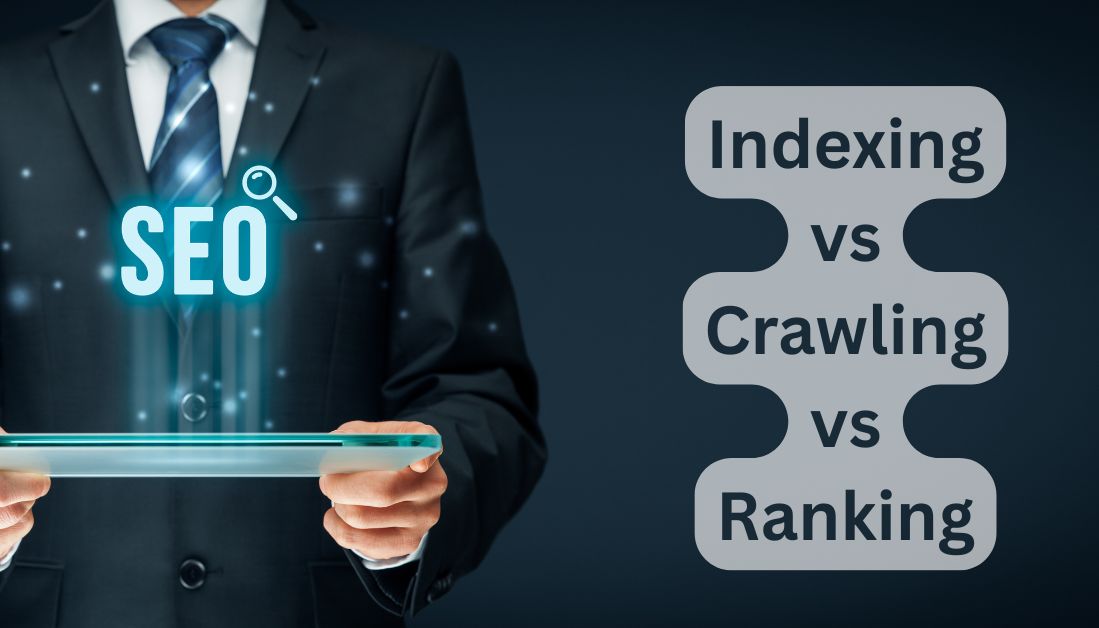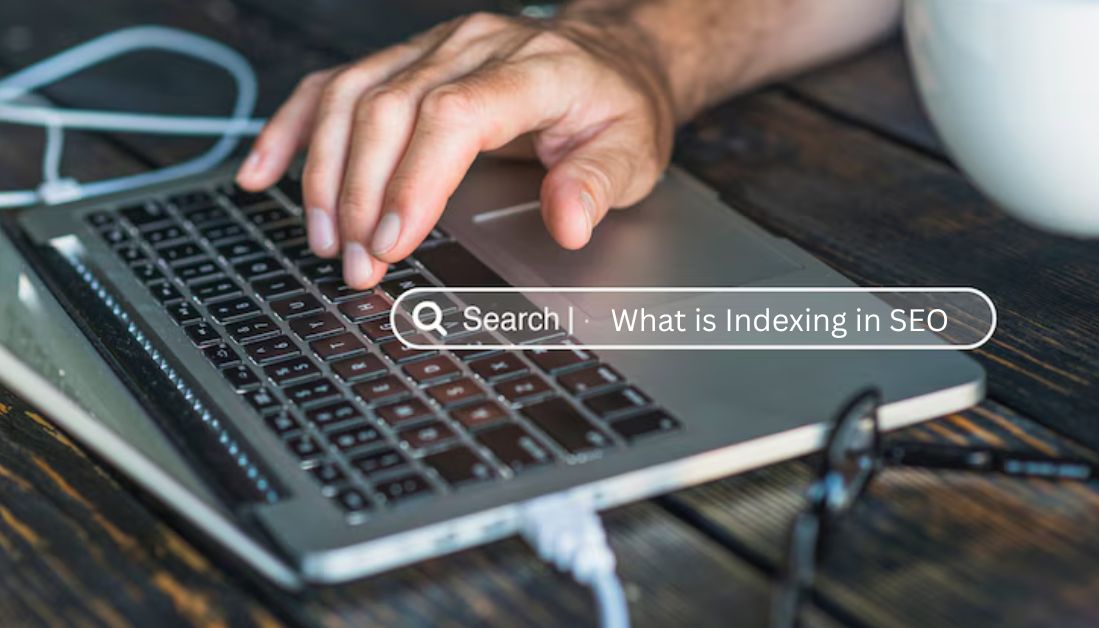Understanding the Role of Indexing in SEO

When it comes to Search Engine Optimization (SEO), many terms get tossed around: crawling, ranking, indexing, and more. One of the most vital — yet often misunderstood — is indexing. Without proper indexing, your website won’t appear in search engine results pages (SERPs), no matter how optimized your content is.
So, what is indexing in SEO, and why does it matter? This article by Brand Masterz India, a leading digital marketing agency, will walk you through the concept of indexing, how it differs from crawling and ranking, and how to ensure your website is indexed properly.
What is Indexing in SEO?
Definition of Indexing
Indexing in SEO refers to the process where search engines store and organize content they discover during the crawling phase. Once a webpage is indexed, it becomes eligible to appear in relevant search queries.
Imagine the index of a book. It lists all the important topics and where to find them. Similarly, search engines like Google create an index to catalog the web pages they find. When users search for something, the engine looks through its index to deliver the most relevant pages.
How Search Engines Index Content
Search engines like Google use bots (also known as spiders or crawlers) to scan the web. When a bot visits a site, it follows links and gathers data. This data is then analyzed and added to the search engine’s index.
If your site isn’t indexed, it means it won’t appear in search results — period.
Indexing vs Crawling vs Ranking

These three terms are often confused, but they represent different stages in the SEO process:
- Crawling: The discovery phase. Search engine bots visit and analyze pages.
- Indexing: The storage phase. Content found during crawling is evaluated and stored in the search engine’s index.
- Ranking: The retrieval phase. When a query is made, the search engine ranks indexed pages based on relevance.
Understanding these differences helps in diagnosing SEO issues and improving your site’s visibility.
Why Indexing is Crucial for SEO
If your site isn’t indexed, it doesn’t matter how good your content is. It won’t be seen by search engines or users. Proper indexing ensures:
- Search Visibility: Indexed pages appear in search results.
- Traffic Potential: Only indexed pages can drive organic traffic.
- Content Discovery: New pages and updates become visible to your audience.
Factors That Affect Indexing
Several elements influence whether or not your pages get indexed:
1. Website Structure
A clean, logical website architecture helps bots crawl and index your pages more effectively. Make use of internal links, sitemaps, and a straightforward hierarchy.
2. Robots.txt and Meta Tags
The robots.txt file and meta tags like noindex can prevent pages from being indexed. Use these tools wisely to guide what search engines should or shouldn’t index.
3. Duplicate Content
Duplicate content can confuse search engines. Always aim for unique, original content.
4. Page Speed and Mobile Optimization
Slow-loading pages or those not optimized for mobile may be ignored or de-prioritized by search engines.
5. Backlinks
Quality backlinks from authoritative websites can encourage faster indexing.
How to Check if Your Website is Indexed
There are several ways to check whether your pages are indexed:
- Google Search: Use
site:yourdomain.comto see indexed pages. - Google Search Console: Provides detailed indexing status and errors.
- SEO Tools: Platforms like Ahrefs, SEMrush, and Moz offer indexing reports.
How to Get Your Website Indexed Faster
1. Submit a Sitemap
A sitemap is a file listing all important pages on your website. Submitting it to Google Search Console can accelerate indexing.
2. Use Internal Linking
Linking to new pages from existing content helps search engine bots find them faster.
3. Share on Social Media
Social signals can aid in quicker discovery and indexing of new content.
4. Avoid Technical Errors
Fix broken links, remove crawl errors, and ensure your website loads correctly.
5. Create High-Quality Content
Quality content attracts backlinks, encourages user interaction, and increases your chances of being indexed.
Common Indexing Issues and How to Fix Them
1: Pages Marked as “Noindex”
Check your meta tags and remove any unintended noindex directives.
2: Blocked by Robots.txt
Ensure that important directories and pages are not disallowed.
3: Orphan Pages
Pages not linked from anywhere on your site may not get indexed. Link to them internally.
4: Slow Website
Improve page speed and hosting quality to make your site easier for bots to crawl.
5: Thin or Duplicate Content
Ensure each page has unique and valuable content.
FAQs About Indexing in SEO
What is the difference between crawling and indexing?
Crawling is the discovery of content by bots. Indexing is storing that content in the search engine’s database.
How long does it take for a page to get indexed?
It can take anywhere from a few hours to several weeks, depending on your site’s authority and technical setup.
Can I force Google to index my page?
You can request indexing via Google Search Console, but it doesn’t guarantee immediate indexing.
What causes a page not to be indexed?
Common causes include noindex tags, being blocked in robots.txt, poor content quality, or lack of internal links.
How do I fix indexing issues?
Use tools like Google Search Console to identify problems and apply fixes such as improving content, internal linking, and submitting sitemaps.
Conclusion
Indexing is a foundational component of any successful SEO strategy. Without proper indexing, your website won’t appear in search results, no matter how great your content is. By understanding what indexing in SEO truly means and taking proactive steps to optimize your site, you ensure that your content gets the visibility it deserves.
At Brand Masterz India, we help businesses build strong SEO foundations by ensuring every piece of content is properly indexed and optimized for search engines. Focus on a clear website structure, quality content, and regular SEO audits to keep your site search-engine friendly. When search engines can effectively crawl, index, and rank your pages, the result is improved organic traffic and better online performance.
Stay vigilant, keep learning, and treat indexing as a continuous process to maximize your SEO success.

